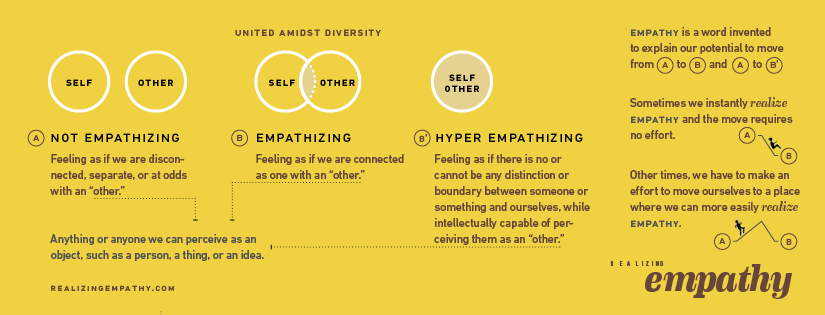Despite sounding
grand,
what if “to overcome”
simply means
to learn the choice
to look back at
—with genuine appreciation—
a past event
we once judged
negatively.
Category: Short Form
Imposter Syndrome
What if
“imposter syndrome”
is less our lack
of competence,
and more our lack
of information
of how others
really
are.
Intuition as Guide
It can be useful
to think of intuition
as a guide.
A guide does not claim
to have the right
answer.
A guide merely claims
to know something
worthy
of paying
attention.
We may choose
to ignore the guide.
We may also choose
to follow the guide
and learn what the guide
knows.
But may we not
blame the guide
for our decisions.
The guide never claimed
to have the right
answer.
Hope vs Expectation
When expectation
is fulfilled
there is no
surprise.
When expectation
is violated
there is
surprise
and frustration.
When hope
Is realized
there is
surprise
and gratitude.
When hope
is unrealized
there is no
surprise.
Process vs Outcome
When we give advice,
we often offer
an outcome.
“Have courage.”
“Forgive.”
“Be patient.”
…
All outcomes
that arise
from a process.
…
Instead of giving advice,
what if we were to ask
questions?
“What would you need
right now
to feel
courage?”
“What is it
that makes it difficult
for you
to forgive?”
“What pain arises
when you seek to practice
patience?”
Questions
that guide people
through
the process.
Same Team
When someone
is striving toward a goal,
dissuading them from the goal
can be the very definition
of being
unsupportive.
We can rationalize why
we are right
to dissuade them.
We may even argue
that it’s for their own
good.
What doesn‘t change—
until their goal changes—
is that we are perceived
as unsupportive
to them,
and thus perceived
to not be
on the same
team.
Achievement vs Discovery
There are things
to be achieved.
Then there are things
to be discovered.
When we confuse something
that needs to be discovered
with something that needs
to be achieved
we may achieve
only to wonder
why it feels
insufficient.
Because what is to be discovered
cannot be known
before the discovery
while achievement assumes
the exact
opposite.
Invitation
Sometimes
instead of telling someone
to “do this,”
asking them
if they would be willing
to “do this,”
or if they would be against
“doing this”
may be all that is required
to foster collaboration
as opposed
to compliance.
Knowing vs Doing
We need not always
know
before we
do.
In fact,
knowing
can sometimes prevent us
from doing the very thing
that will help us learn
what we need
to know.
Mistakes
Sometimes
we wonder to ourselves
why we have to make mistakes
to learn what others
already seem
to know.
Without realizing
that they, too,
may have had to make
the same mistakes,
just earlier than us.
Or that they have yet to learn,
but merely come across
as if they’ve learned
given the luck
and grace
of their circumstances.
